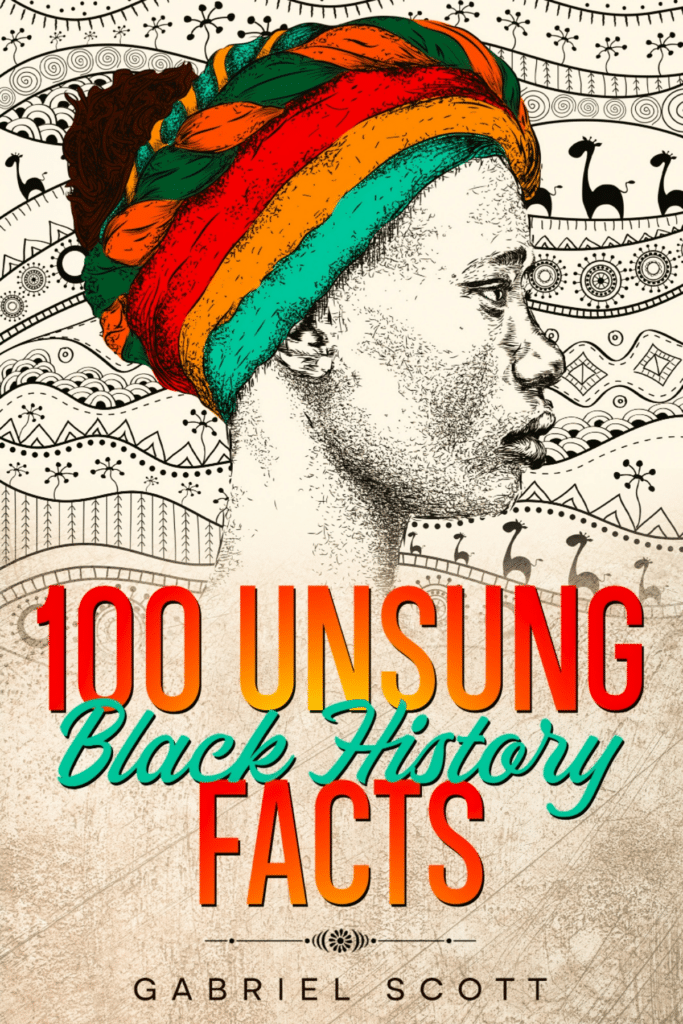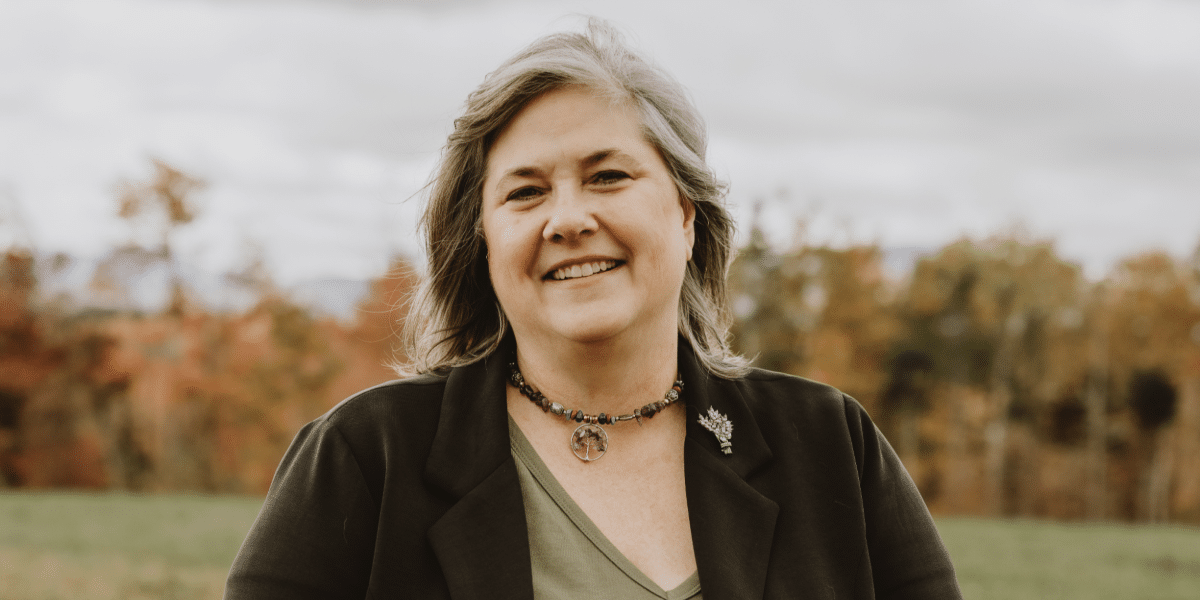Black history is woven into the fabric of global civilization, yet countless stories of Black achievements, contributions, and struggles remain untold or overlooked. Ohio-based historian and author Gabriel Scott has dedicated his career to revealing these hidden narratives. Through meticulous research and an unwavering passion for truth, Scott brings to light the figures and events that have shaped history but have not received the recognition they deserve.
His latest work, 100 Unsung Black History Facts, is a testament to his commitment to uncovering the overlooked contributions of Black individuals in various fields. The book explores untold stories, ranging from sports to music, science, and cultural history, serving as a critical resource for those who want to learn about the deeper and often neglected aspects of Black history.
A Mission to Illuminate Untold Truths
Gabriel Scott’s journey as a historian is deeply rooted in his desire to correct historical oversights. The dominant narrative often relegates Black historical figures to the margins, highlighting only a select few, such as Martin Luther King Jr. or Harriet Tubman, while leaving others out of the conversation. Scott, however, is determined to shift this focus, emphasizing the diverse and wide-reaching contributions of Black people throughout history.
Through his research, Scott has unearthed figures such as Margaret and Matilda Peters, two trailblazing sisters who revolutionized the game of tennis long before Serena and Venus Williams took center stage. The Peters sisters, often overshadowed in the tennis world, achieved notable success during the 1930s and 1940s. They dominated Black tennis leagues, at a time when access to mainstream tournaments was barred to them due to segregation. Scott highlights their resilience and excellence, showing how their contributions paved the way for future generations of Black athletes.
Similarly, Scott dives into the complex history of Ludwig van Beethoven, revealing research that suggests the great composer’s ancestry may have had African roots. While Beethoven is celebrated for his genius, the possibility of his mixed-race heritage has sparked fresh conversations about the racial dynamics in classical music and European history.
Another gem from 100 Unsung Black History Facts is the exploration of Roy Hamilton’s profound influence on Elvis Presley. Hamilton, an R&B singer in the 1950s, left an indelible mark on the music industry with his powerful voice and emotive performances. Presley himself cited Hamilton as one of his biggest influences. However, Hamilton’s name remains relatively unknown compared to Presley’s towering fame, something Scott aims to correct by placing Hamilton’s work in its rightful place within music history.
Perhaps one of the most compelling stories that Scott shares is that of Nathan “Nearest” Green, the Black man who taught Jack Daniel how to distill whiskey. For years, the origin of the famous Jack Daniel’s whiskey was credited solely to its namesake, but historical evidence points to Green, an enslaved man, as the one who created the original formula. Scott’s exploration of this story underscores the need to give due recognition to the Black figures whose labor and intellect contributed to some of the most iconic cultural touchstones in American history.
Educating the Public and Filling Historical Gaps

Photo Courtesy: Gabriel Scott
Scott’s work extends beyond the pages of his books. As a public speaker and educator, he has made it his mission to reach wider audiences, sharing these stories through lectures, workshops, and social media platforms. His goal is not only to celebrate Black history but also to fill the gaps in mainstream historical education that have left generations of people uninformed about the full scope of Black contributions to society.
“My goal is to educate, inspire, and reveal the truths of Black history that have been buried or ignored. History belongs to everyone, and understanding it fully is key to understanding our collective humanity,” Scott says, emphasizing his passion for ensuring that history is inclusive and accurate. He believes that understanding the untold aspects of Black history is essential not only for the Black community but for society as a whole, as it creates a fuller and more honest narrative of human progress.
The Role of Technology in Historical Preservation
Scott also embraces modern technology to bring history to life.
His presence on social media has also been instrumental in reaching younger audiences who may not engage with history through traditional means. Through platforms like Instagram, Twitter, and YouTube, Scott shares bite-sized historical facts, engaging a new generation of learners with content that is both educational and easily digestible. His social media accounts have become a hub for discussions about Black history, sparking conversations and debates that deepen the understanding of historical truths.
Transforming Historical Education
Gabriel Scott’s dedication to historical accuracy and inclusivity is transforming the way people think about Black history. By bringing untold stories into the spotlight, Scott challenges conventional narratives and urges the public to embrace a more nuanced and complete view of the past. His work ensures that the contributions of Black individuals are recognized not as footnotes but as essential chapters in the broader human story.
100 Unsung Black History Facts is not just a book—it is a call to action, a reminder that history is ongoing and that it is up to historians, educators, and individuals to ensure that the stories of all people are told. Through his research, writing, and public speaking, Scott continues to reveal the rich tapestry of Black history, empowering future generations with knowledge and understanding. As he sheds light on these unsung heroes and hidden narratives, Gabriel Scott reaffirms the idea that understanding history is not just about the past—it is about shaping a more informed and just future.
For more information on Gabriel Scott’s work and to explore his research, visit his website at https://bit.ly/3DOh05B.
Published By: Aize Perez














